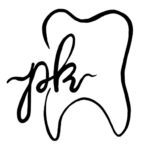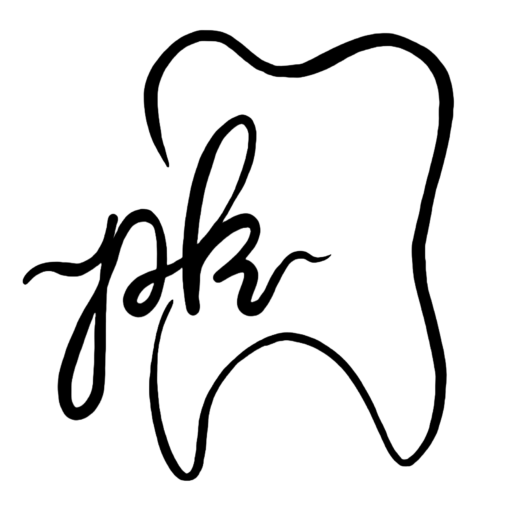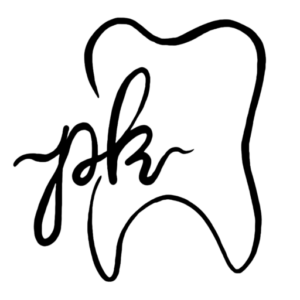Laser Dentistry


Call Us Today
What is laser dentistry?
Laser dentistry is the use of lasers to treat a number of different dental conditions. It became commercially used in clinical dental practice for procedures involving tooth tissue in 1989.
Laser dentistry potentially offers a more comfortable treatment option for a number of dental procedures involving hard or soft tissue compared to drills and other non-laser tools.
Laser dentistry is used in a variety of procedures:
treating hypersensitivity
treating tooth decay
treating gum disease
whitening teeth
Types of Laser Dentistry
Dental professionals use either hard tissue or soft tissue lasers, depending on their treatment need. Some will use both types if the treatment allows.
1. Soft tissue lasers - used for procedures involving soft tissues in the mouth, like gums
2. Hard tissue lasers - used to cut hard tissues in the mouth, such as teeth.
Benefits of using laser dentistry
There is potentially a decreased need for sutures with soft tissue lasers.
Bleeding is minimized in treated soft tissues, as the laser promotes blood clotting.
With some procedures, anesthesia is unnecessary.
The chance for bacterial infections is lower because the laser sterilizes the area.
Wounds can heal faster, and it’s possible for tissue to regenerate.
The procedures may involve less damage to the surrounding tissues.
Soft tissue lasers can be absorbed through water and hemoglobin. Hemoglobin is a protein found in red blood cells.
These lasers are used to treat periodontitis, including killing bacteria and activating tissue regrowth.
Soft tissue lasers seal nerve endings and blood vessels while they penetrate the tissue. For this reason, many experience almost no pain after laser treatment. The lasers also promote faster healing of the tissue.
What risks are associated with laser dentistry?
The risks of laser dentistry are relatively small. It’s important to find a qualified dental professional, as using the wrong wavelength or power level could damage tissue. Additionally, some providers worry that advertisers are pushing the use of laser treatment beyond what people actually need.
What to expect during a laser treatment?
The first step is to book an appointment with your dentist. Once the dentist has identified the issue(s) you are suffering from and recommends laser treatment, here are some of the things that usually happen during the procedure:
Just like a tooth filling procedure, laser treatments are also quite simple.
There is no drilling in the teeth as the laser does all the work.
The laser does not produce any pain or discomfort for the patient.
You might bleed during the procedure, which will be instantly removed by the dentist.
Your mouth will be opened by the dentist to treat dental issues.
What to expect after a laser treatment?
Once you have gone through laser treatment, here are things that you can generally expect to happen:
In contrast to the drastic bleeding that happens after a traditional dental procedure, laser treatments result in quite less bleeding. The site of treatment will neither be bleeding continuously nor will you have an open wound.
Compared to other dental treatments, the chances of getting an infection are relatively lesser with laser treatment.
If the treatment went well, there is minimal to zero probability of you having any pain or swelling.
If you do have severe swelling or pain in your mouth and it does not go away in a day, do not wait any longer and meet with your dentists right away.
FAQs
Ans: Laser dentistry uses focused light energy to perform various dental procedures with high precision. It’s a minimally invasive approach for treating gum disease, tooth decay, and more, offering faster recovery and reduced discomfort.
Ans: Laser dentistry can be used for a wide range of treatments, including gum reshaping, cavity removal, teeth whitening, and managing soft tissue issues. It’s also effective for treating infections and performing biopsies.
Ans: Yes, laser dentistry is safe when performed by a trained professional. It offers precise targeting, minimizes bleeding, and reduces the risk of infection, making it a reliable option for many dental treatments.
Ans: Most patients find laser dentistry to be more comfortable than traditional methods. The laser minimizes pain, often eliminating the need for anesthesia, and reduces swelling and post-treatment discomfort.
Ans: Laser dentistry can be slightly more expensive due to the advanced technology involved. However, the benefits of faster healing, reduced pain, and precision often outweigh the costs.
Ans: The best way to determine if laser dentistry is right for you is to consult with your dentist. They will evaluate your dental condition and recommend the most suitable treatment option.

